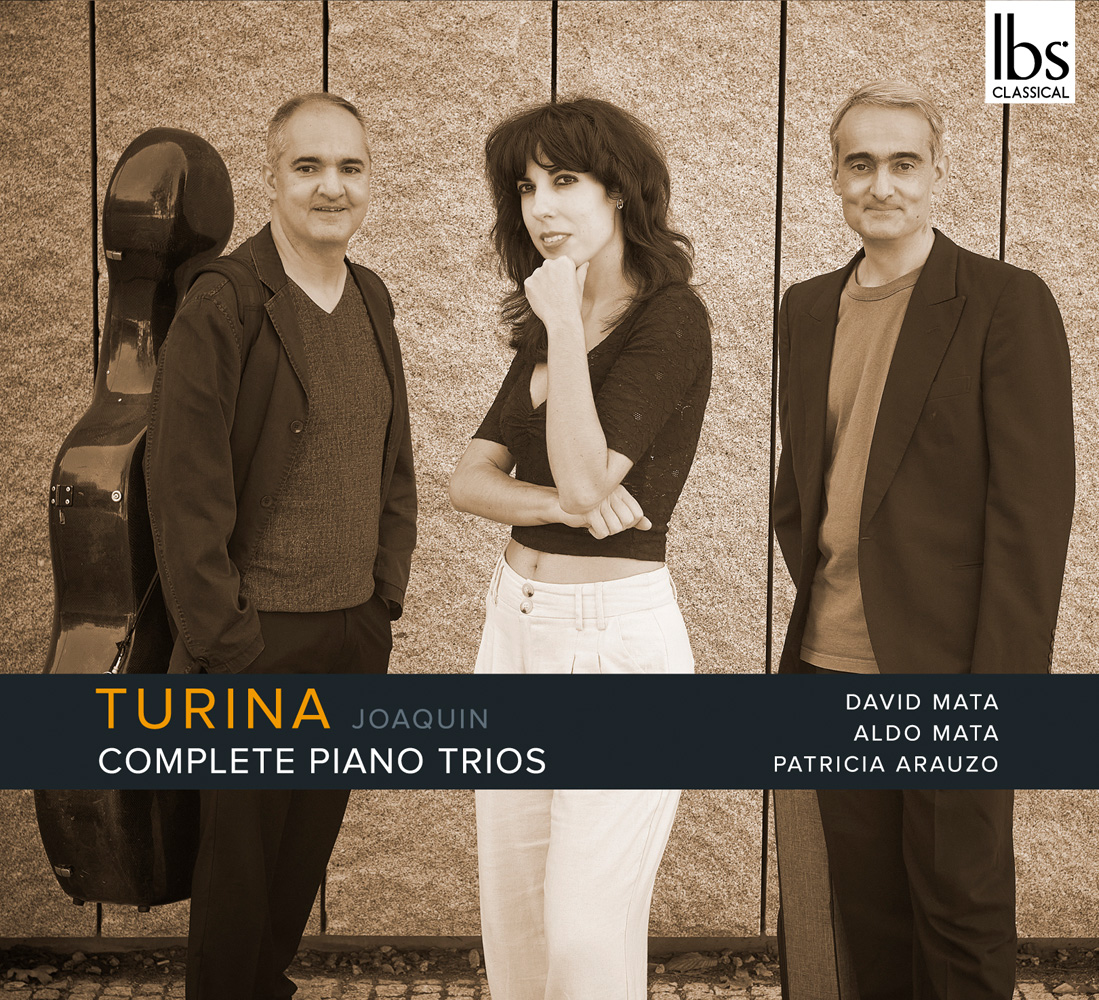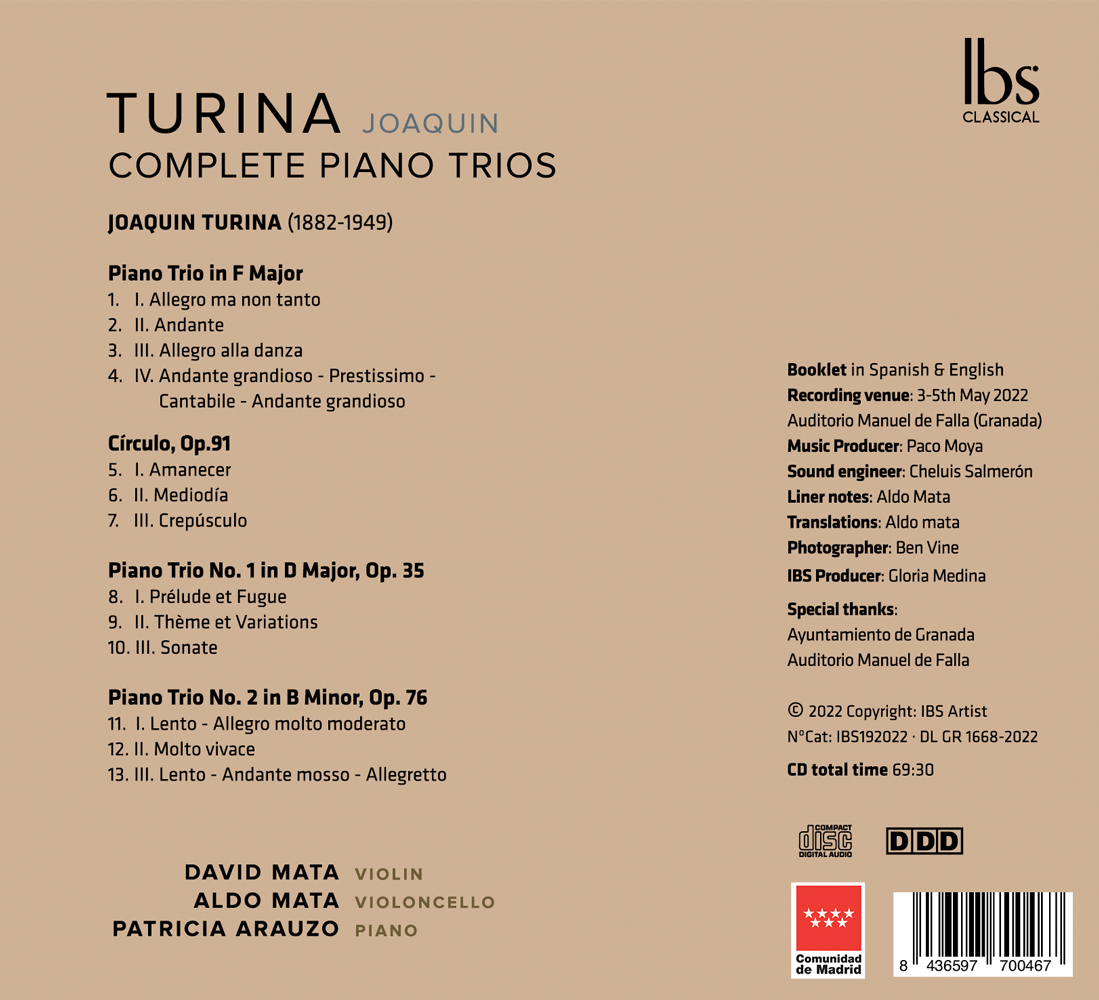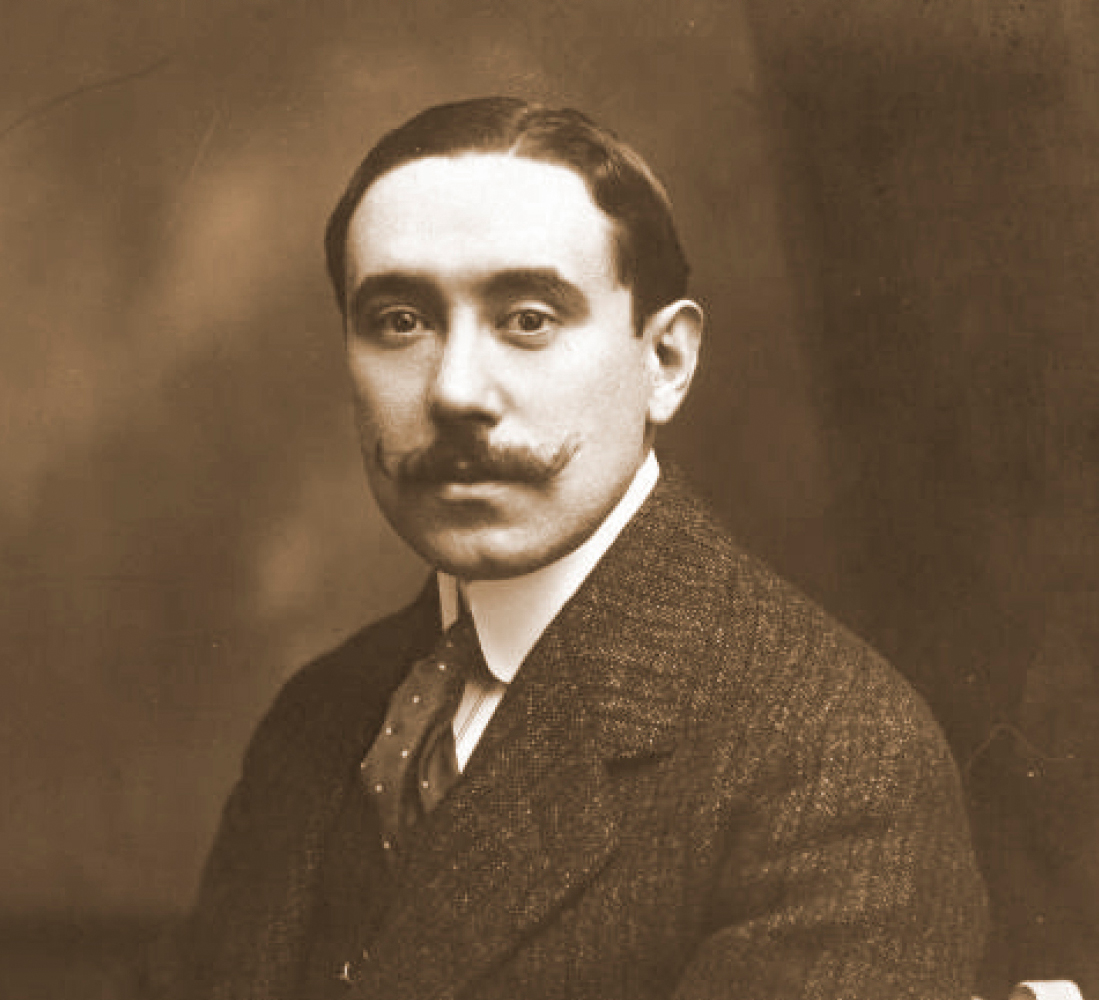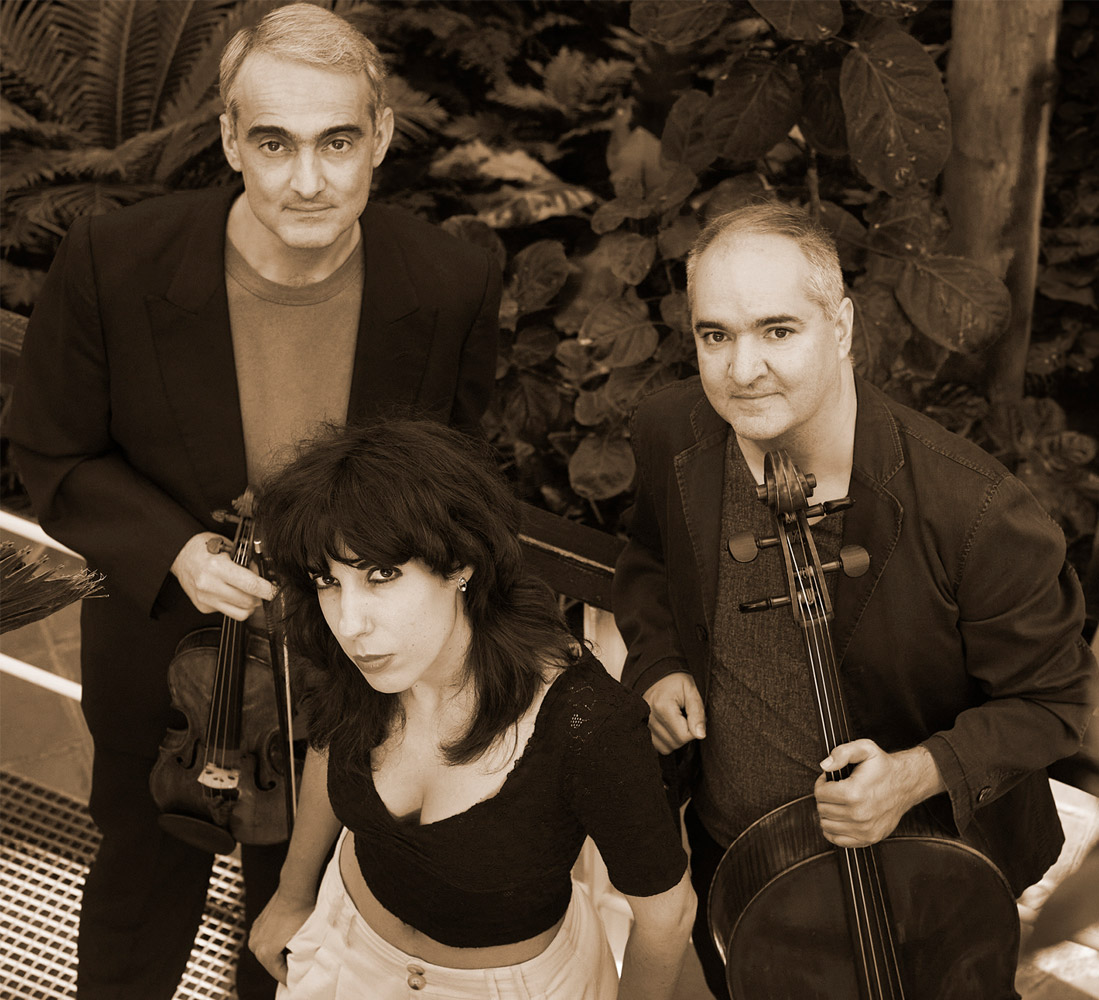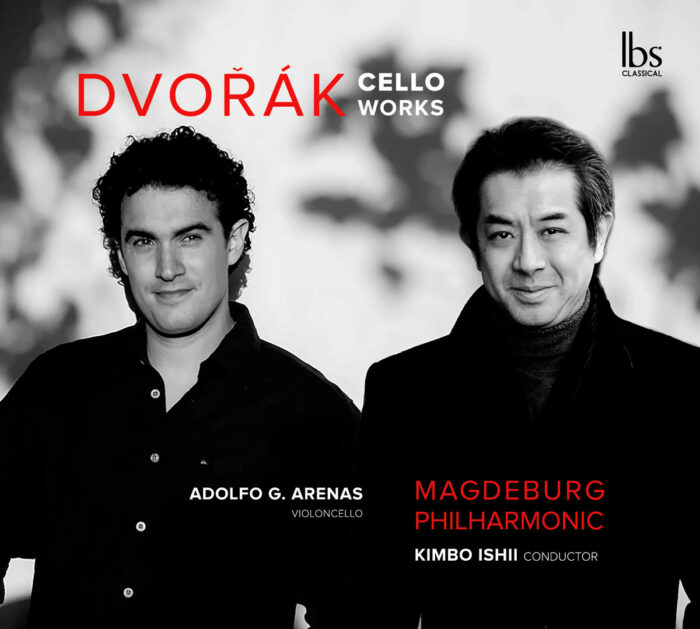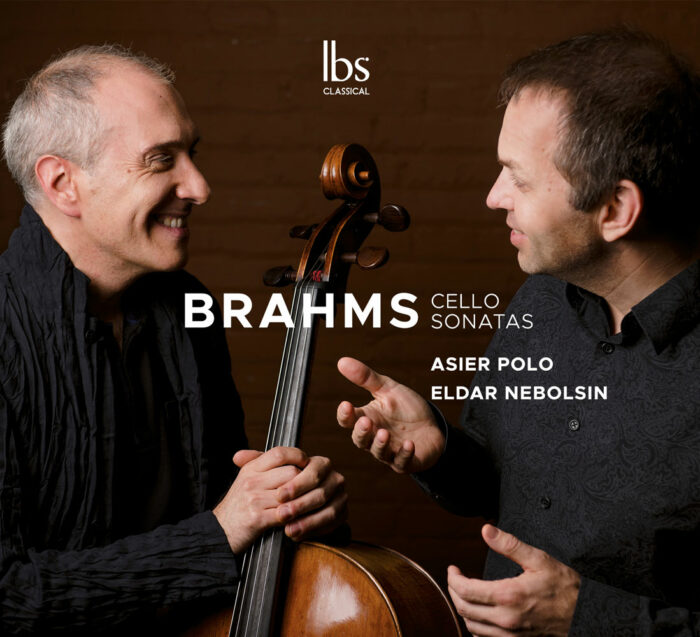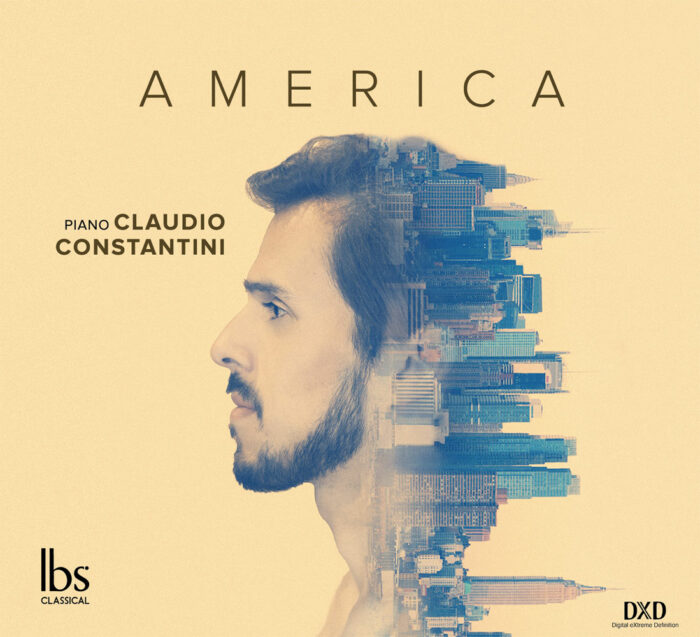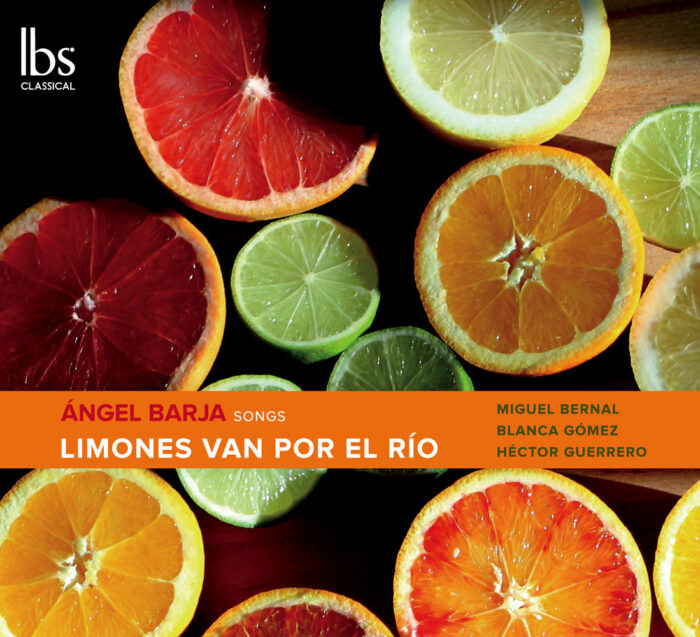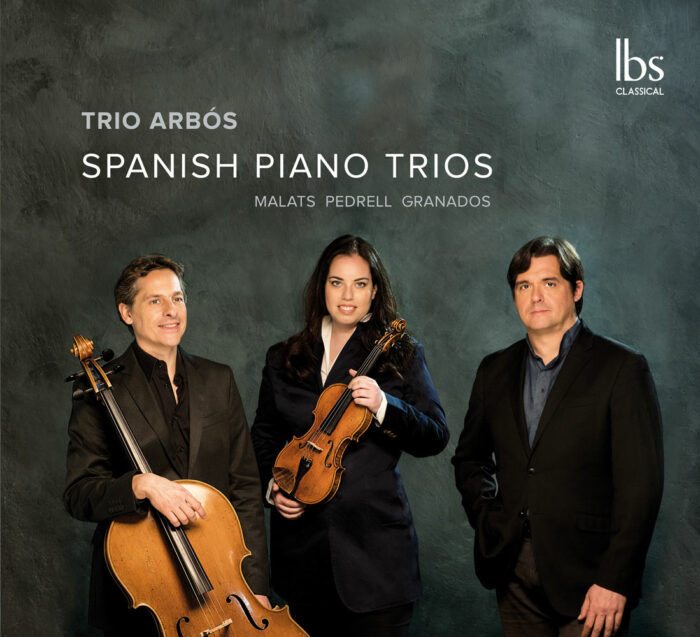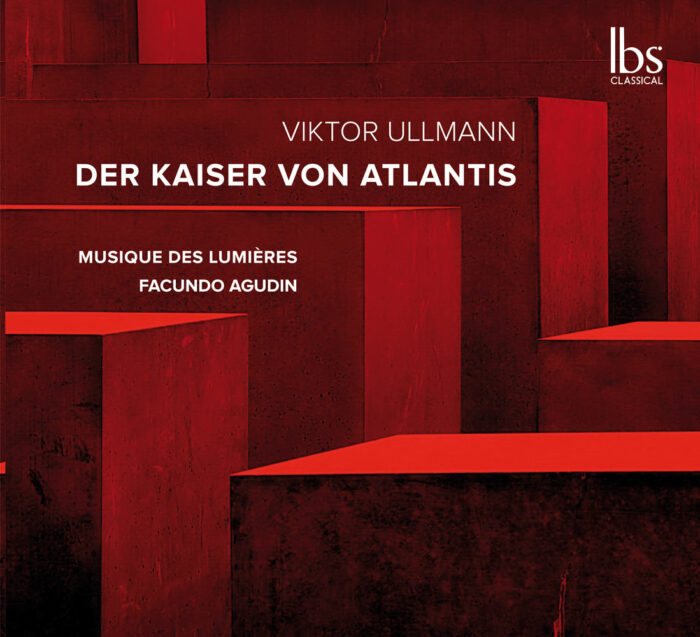Turina Chamber Music
“Something of that ambience ‘ensorceleur,’ of that clean, transparent atmosphere, crossed with delicate reflections, creeps into Turina’s sonorities (…) As long as it does not dissipate, Turina’s music will live and be liked.”
Adolfo Salazar,
“La música contemporánea en España” (1930).
That haunted atmosphere of which the musicologist Salazar speaks becomes a unique characteristic in the trios of Joaquín Turina (1882-1949) and which culminates in that portent that is the Fantasia for piano, violin and cello op.91 entitled “Círculo.” But to contextualize these pieces let’s look at what Joaquín Turina wrote about chamber music in his Enciclopedia Abreviada and which will clarify his ideology in the chamber music field:
“Chamber music adopts the form and tonalities of the sonata, varying only the writing, in which each part has the importance of a true character, with interest equal to that of the other parts.”
Listening to this chamber corpus for trio with piano -undoubtedly the most important in the history of Spanish chamber music- the composer demonstrates an incomparable mastery when writing idiomatically for each of the three instruments, although -as an outstanding pianist- he affirmed:
“Chamber music with piano, easier to write [than string quartet], is reduced to treating the piano with all amplitude and sonority, as a true concert instrument, carrying the whole harmonic background of the work, while the other instruments play recitative parts and sometimes pure ornamentation.”
It is not in vain that Turina picks up a tradition that began with the trios of Haydn, Mozart and Beethoven, which became paradigms reinterpreted by Schubert, Schumann, Mendelssohn, Brahms, Dvorak or Tchaikovsky and that faithfully follow the instrumental organization that our composer points out.
Turina was an eminent musician, a native of Seville, who received a solid musical education, as we read in the short biographical sketch left to us by Julio Gómez of the composer’s incipient career:
“Turina’s artistic training enjoyed the greatest advantages that can be expected from education. He arrived at the Schola Cantorum with more than enough preparation to find Vincent d’Indy’s lessons useful. He had studied enough technique to compose an opera, La sulamita, which he had brought back from Seville. There he had been a disciple of the maestro de capilla of the cathedral, Don Evaristo García Torres. In Madrid he perfected his piano discipline in the best school we had at that time, that of Tragó”.
ALDO MATA
Patricia Arauzo
“In this recital he gives us a summary of a beautiful pianism in interpretations that are already reference”
(Ritmo Scherzo)
The intensity, strength and honesty with which each work is faced are some of the distinctive characteristics of Patricia Arauzo as a pianist. Professor of piano at the Superior Conservatory of Seville, Patricia Arauzo has developed an outstanding international career as a performer, both alone and in chamber groups, on stages such as the National Music Auditorium in Madrid, the City of the Arts in Paris, the National Palace. of the Arts of Hungary, Károly Palace in Budapest, Flagey in Brussels, Fundación Juan March in Madrid, Palace of Festivals in Cantabria, Manuel de Falla Auditorium in Granada, as well as in different international festivals. Passionate about chamber music, she is currently a member of the Trío Alborada, awarded by the Sociedad de Artistas, Intérpretes y Ejecutantes of Spain (AIE), forms a duo with the violinist Alejandro Bustamante with whom she tours throughout the national territory and frequently she is invited by renowned interpreters. The quality of Patricia Arauzo’s performances has been endorsed with numerous awards such as those received at the Concurso Internacional de Juventudes Musicales, the Concurso Mirabent i Magrans or the Programas Jóvenes Excelentes de Caja de Burgos. Trained at the Conserivatorio Superior de Música in Salamanca with Patrín García Barredo, Claudio Martínez Mehner and Kennedy Moretti, Patricia carried out specialization studies at the Franz Liszt Academy in Budapest with András Kemenes. Granted for three consecutive years by the Fundación Albéniz at the Instituto Internacional de Música de Cámara of Madrid, Escuela Suprior de Música Reina Sofía, under the direction of Ralf Gothoni and Eldar Nebolsin, she completed her training, which began with IldikóTóth, with Marta Gulyás and Ferenc Rados. Among her latest projects stands out the record work “Masques” (Masks) dedicated to the solo piano work of Szymanowski and published by the record label IBS Classical. Future engagements include upcoming new album recordings with IBS Classical, PlayClassics from Spain and TYXart from Germany. In addition to her career as a concert performer, Patricia develops an intense pedagogical activity, being a teacher at the Escuela Superior de Música Reina Sofía and at the Conservatorio Superior de Música de Castilla y León until 2017. In the same year, she won the piano chair at the Conservatorio Superior Manuel Castillo of Seville. +Info: www.patriciaarauzo.com
David Mata
David Mata Payero was born in Madrid into a family of artists. He began his violin studies in that city with Francisco Martín Díaz, later extending them in Vienna with Michael Frischenschlager and first in London and then at the Escuela Superior de Música Reina Sofía, with the great violinist and maestro José Luis García Asensio. Winner of the Isidro Gyenes Violin Competition (1995) and on two occasions of the Juventudes Musicales Chamber Music Competition (as a member of the Duo La Folia and the Cuarteto Casals, respectively). Since 1996 he has been a member of the OSRTVE, an orchestra in which he plays the role of violin soloist II. With members of this orchestra he founded the Modus Novus Group in 1998, a group dedicated to the promotion of the music of our time and with which he recorded the concert “Terra” by Tomàs Marco. In 2004 he founded, with Marc Oliu, Andoni Mercero and Aldo Mata, the Cuarteto Granados, with whom he has given concerts all over Spain, Colombia, Germany, Romania, etc., and with whom he has recorded the album “Lunas” by José Nieto. He collaborates assiduously with the Orquesta Ibérica as concertmaster and soloist.
Aldo Mata
“Coherent, different, personal and unique” (ABC).
International cello soloist. He has been invited to give concerts at the Santander International Festival, Quincena Musical de San Sebastián, Fundación Juan March, Festival La Chaise Dieu, Festival de Royaumont, Festival de Granada, Auditorio Nacional de Música de Madrid, Salle Cortot in Paris, Sala Hakuju in Tokyo and Palacio Real in Madrid, among others, as well as being invited to play and teach at festivals in Brazil, Japan, France, Germany, USA, Holland, Portugal, Ecuador, etc. Professor of cello at the Superior Conservatory of Seville and the CSKG in Madrid. He holds a Ph.D. from Indiana University (Bloomington). He has been awarded with prizes and scholarships from JJMM, Searle and Popper competitions, Fulbright, etc. He was co-principal of the Orquesta de Castilla-León, professor of cello at the CoSCYL and professor of chamber music at Musikene. His teachers were Rados, Starker, Macedo, Arizcuren, Monighetti, Tsutsumi, Claret, and Scholes. As a researcher he writes articles on Boccherini (discovery of a spurious sonata), participates in the Congress of Interpretation of 19th century Vienna Music 2018, with a concert-conference on the Art of Portamento (in Souvenir de Spa by Servais) and his article on the Mysterious Note of Bach’s Fifth Suite is mentioned in Bärenreiter’ latest edition of the pieces. He is currently preparing the critical edition of Conrado del Campo’s 3rd Quartet and 6th Quartet, commissioned by the Fundación Juan March. He recently recorded Apunte Español no. 2 for cello and orchestra by María de Pablos, works by Boccherini, Barriere and Popper with Tempo di Basso, and premieres and recordings of works written for him (Caprice 5 of Ballades for Naxos, or Bruno Dozza’s Eurydice in Tokyo) and Bach suites. He participates in the research-concert group on Early Recordings organized by La Nouvelle Athénes in Paris. He collaborates regularly with the Orquesta Barroca de Sevilla, Zahir Ensemble and El Ayre Español. He plays a cello by Nadotti from 1787.
